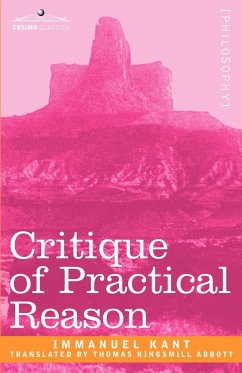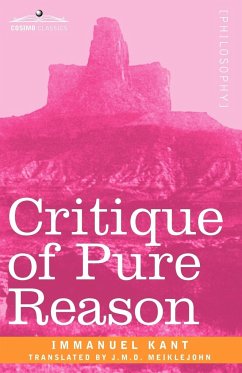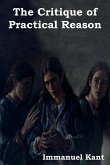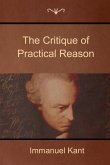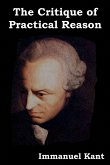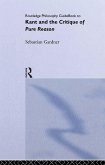In Kant's "second critique," following on from his Critique of Pure Reason, one of the great thinkers of the Enlightenment explores the requirements and necessities of morality and ethics in an age dominated by reason. Assuming the truth of Christianity and the existence of an afterlife, Kant lays the groundwork for a moral science to replace superstition, and for logical ethics to replace less reliable human emotion. First published in 1788, this is still required reading for all students of modern moral philosophy. German metaphysician IMMANUEL KANT (1724-1804) served as a librarian of the Royal Library, a prestigious government position, and as a professor at Königsberg University. His other works include Observations on the Feeling of the Beautiful and Sublime (1764), Critique of Pure Reason (1781), and Groundwork of the Metaphysics of Morals (1785).
Bitte wählen Sie Ihr Anliegen aus.
Rechnungen
Retourenschein anfordern
Bestellstatus
Storno

